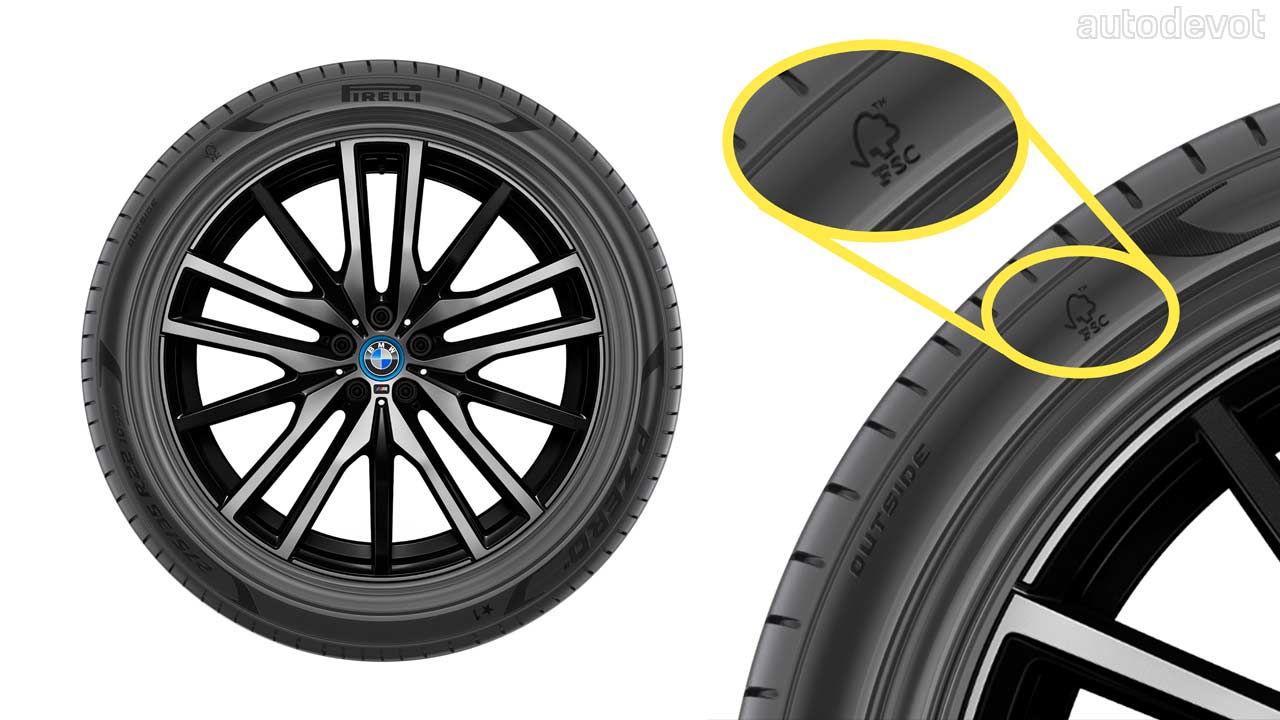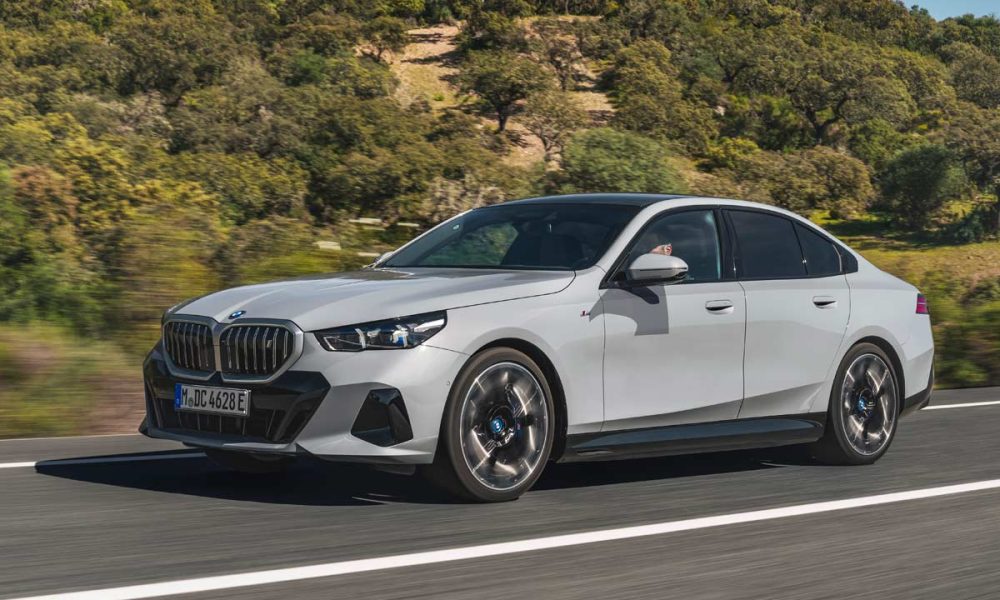The term “sustainability” in the automotive industry doesn’t just refer to electrified vehicles; switching from an ICE-powered vehicle to a BEV or a PHEV doesn’t automatically make things sustainable. For example, a public EV charging station powered by a diesel generator or a coal power plant cannot be considered sustainable and so is an automotive plant that runs on fossil fuels. The same applies to how the parts are sourced for an automobile.
And so, BMW wants to take the sustainability game to a next level by equipping its cars with tyres made of certified natural rubber and rayon. The company claims that it is the first automotive manufacturer in the world to use such tyres.
We have been committed to improving the cultivation of natural rubber and increasing transparency in the supplier network since 2015. The use of tyres made of certified natural rubber is a pioneering achievement for our industry. In this way, we are helping preserve biodiversity and forests to counteract climate change. — Dr Andreas Wendt, Member of the Board of Management of BMW AG responsible for Purchasing and Supplier Network
Certification of the rubber plantations and the complex supply chain for natural rubber and rayon takes place in accordance with the standards set by the independent organization Forest Stewardship Council (FSC).
The first model to feature these tyres is the X5 xDrive45e Plug-in-Hybrid. The new 22-inch Pirelli P Zero tyres feature the FSC logo, indicating their significance. To earn this certification, Pirelli adapted its US plant in Rome, Georgia, to produce tyres using FSC-certified natural rubber and rayon. From there, the tyres are delivered to BMW Group Plant Spartanburg, around 370 km (230 mi) away, and mounted on the X5 PHEV.
The new FSC-certified Pirelli Tyre is a significant milestone in the drive to deliver economic, social, and environmental benefits across the natural rubber value chain. This is a major step forward in the journey towards a more sustainable natural rubber value chain, thereby helping to mitigate deforestation and support the fight against climate change. — Jeremy Harrison, Chief Markets Officer, FSC International

Leave a Reply
Note: Comments that are unrelated to the post above get automatically filtered into the trash bin.





































